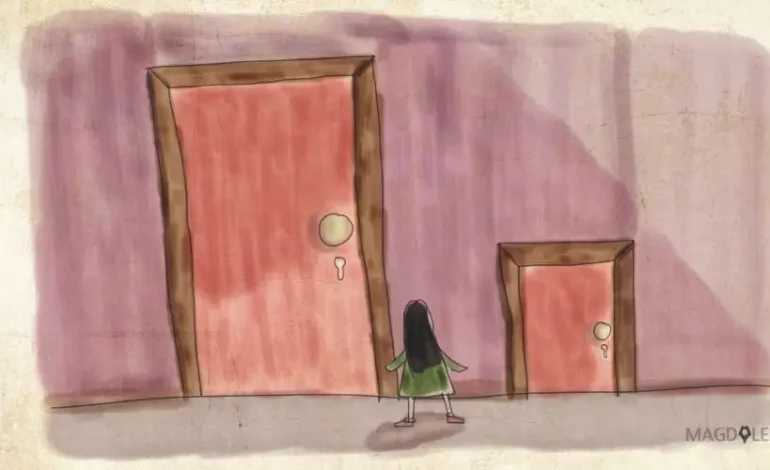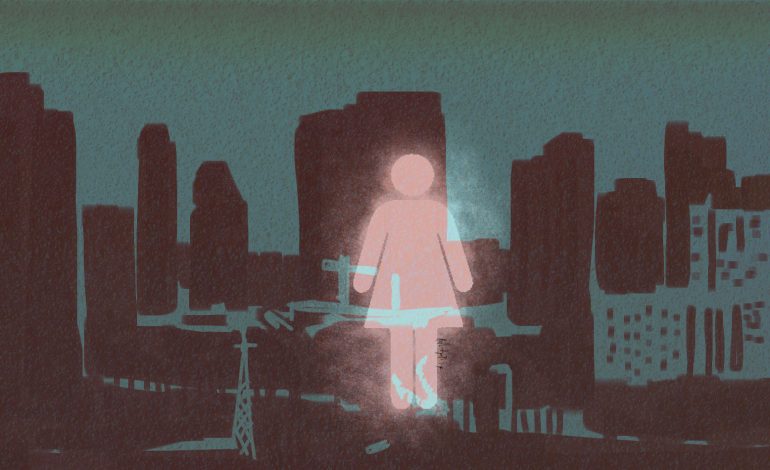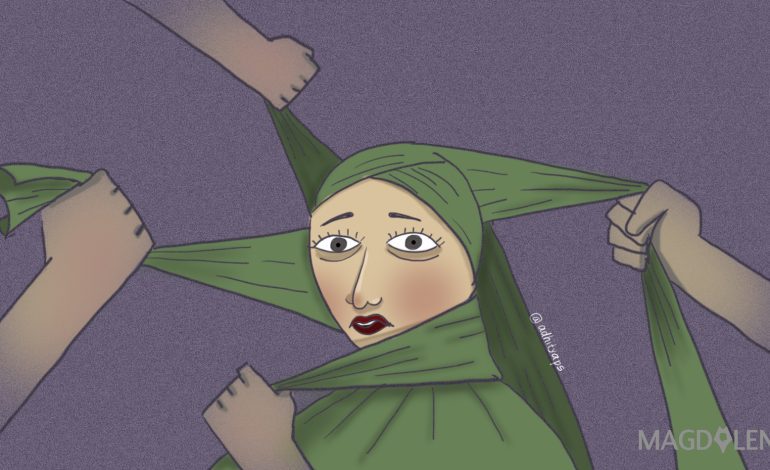Why Words Matter

As a child of a busy working mother and a father who was barely there, I had a lot of time to tend to myself. My mother taught me to read, so she could distract me with books and do her work in peace. Even before I enrolled in kindergarten, I could read a full paragraph without stuttering.
Reading exposed me to so many stories about so many people in so many places. By the time I was 5 years old I felt as if I had known too much. It alienated me from my peers. I used words they didn’t understand. There were many instances where they thought I was making fun of them. I was often misunderstood and it led me to immerse more in my readings, seeking solace in the alternative worlds of fictional characters I could somehow relate to.
Words never failed to comfort me. Even at a really early age, I was aware that words had this great power to evoke certain emotions and move people.
In my third semester of college, my Communications Theory professor held a surprise quiz. I didn’t remember what the question was about, but I could recall my pen spewing out chicken scratches about the way our choice of words shaped and reflected the culture we lived in. The funny thing was: I didn’t remember ever giving the issue much thought. I wrote the first sentence without expecting much, planning to just ramble to fill the word-quota, but once I started, it just kept going, as if it was something I’d known all along; an ugly truth that I unconsciously dodged and refused to address for years.
Not too long ago, the local news portals ran a heart-breaking report: a girl took her own life by letting herself get hit by a train. I read the comment section; it was filled with condolence offerings. The top comments went along the lines of what a pity, she was so pretty. Come on, she was so pretty, why kill herself?

I started to think, what if the girl was not pretty? What if it was… say, me? Would people be indifferent, because yeah, it was bad that she killed herself, but, who cares, at least now there is one less ugly girl walking this Earth?
I knew I shouldn’t have made it to be about me and my inferiority complex, but I’ve been hearing it all my life: ugly people deserve to suffer, to hide, to be ashamed. The notion insidiously creeps in and plants its roots in my subconscious without my knowledge.
I always know I don’t quite fit in the beauty standard where I live in. That should be okay, but society makes it difficult.
“She’s lucky she’s pretty, or else!”
“Pretty people can do whatever they want.”
“Too bad it happened to you. But, well… is she pretty, though?”
“You took the bus? A pretty girl like you?”
“A pretty girl like you shouldn’t do such thing like cleaning the bathroom!”
It sounds like a harmless observation. But to other people, especially to those who are not the recipients of “you’re pretty” comment at least thrice a day, it is destructive. We may laugh it off, we may even nod in faux approval, but it does awful thing to our self-esteem, mind whirring to figure out how we could possibly fit and thrive in this place.
Knowing I’m not beautiful, I live in the shadow of fear every second. I believe if I make a mistake, or if I don’t live up to their expectations, there is no mercy for me. I should know my place. I’m not pretty; the least I can do is being useful, right? When people treat me wrongly, I never bother to complain or make a fuss, because there is no pretty face to back me up. I know such thoughts are unhealthy and maybe inaccurate, but this is what words do to me.
The pretty-people-can-do-no-wrong narrative also affects the people who do fit the beauty standards. When my internship program in a television station was about to end, my co-workers huddled together in a studio corner around a messy pile of student resumes. They were trying to pick my replacement. I recognized one resume to be my friend’s. All the guys whistled upon first glance at her photo and threw her resume on the ‘shortlisted’ pile. Never mind that she had straight A’s throughout her seven semesters of college, or that she was an active member of the prestigious club in the university. Never mind all that, as long as she was pretty, apparently.
And isn’t it just ugly that those who don’t fit the beauty standard and those who do face the same dread every day? We have to work extra, extra hard to be acknowledged, to be validated, to be deemed worthy despite how we look.
Today, I’m still in the process to unlearn what their words tell me to believe, to stop internalizing the toxic message they’ve been feeding me. I begin with trying to love myself.
Love myself enough to wish for a better world to live in.
I will start with my words. I will wake up every day telling myself that whatever I say that day has the power to either destruct or empower. My words can shape mindset, affect behavior, shift a culture and, in the long run, change the world.
And so can yours.
Widya Puspa Lestari is a copywriter who is powered by caffeine and cute animal videos. She is a self-proclaimed live performance junkie, and believes going to concerts is the most rewarding kind of investment.






















